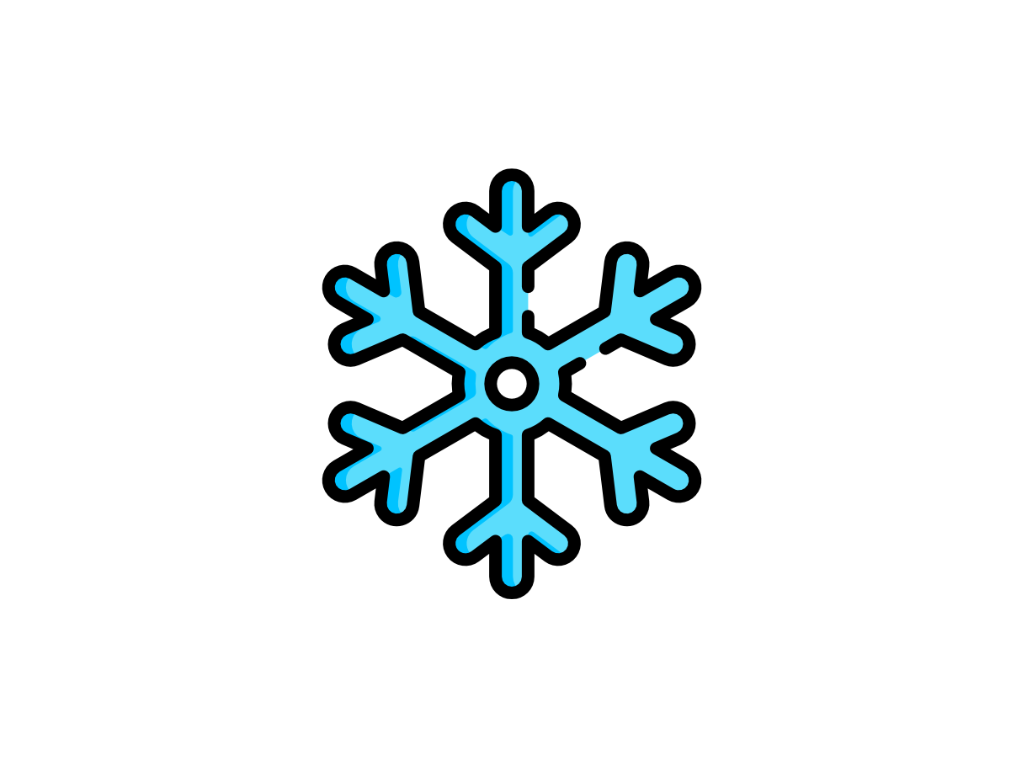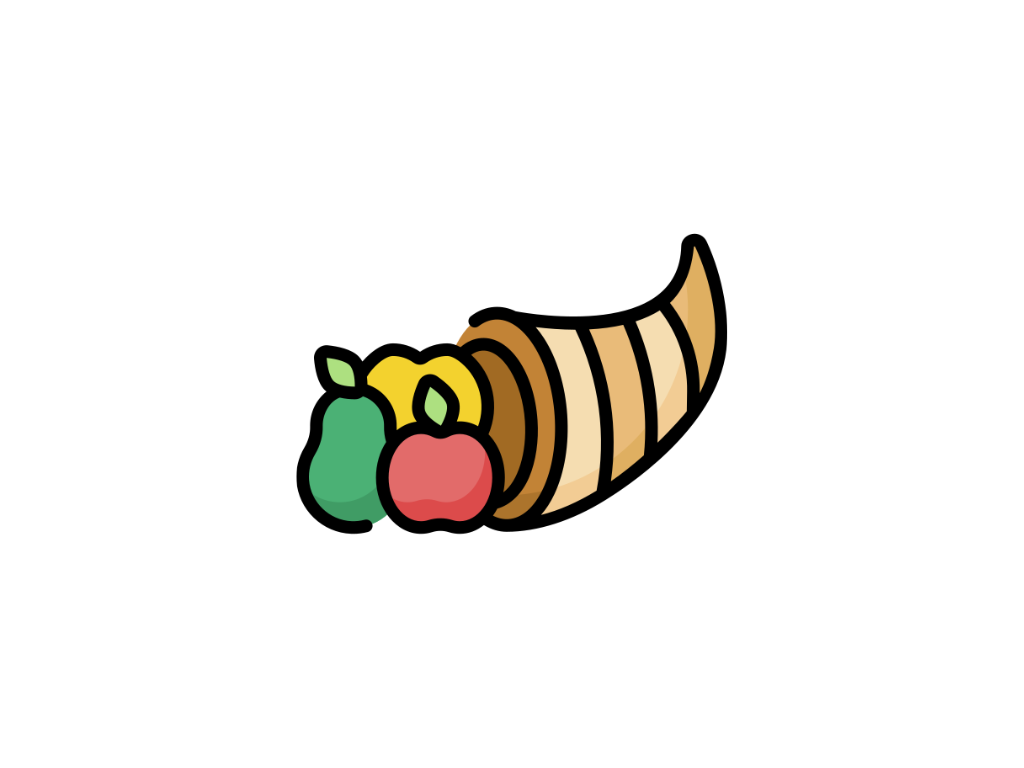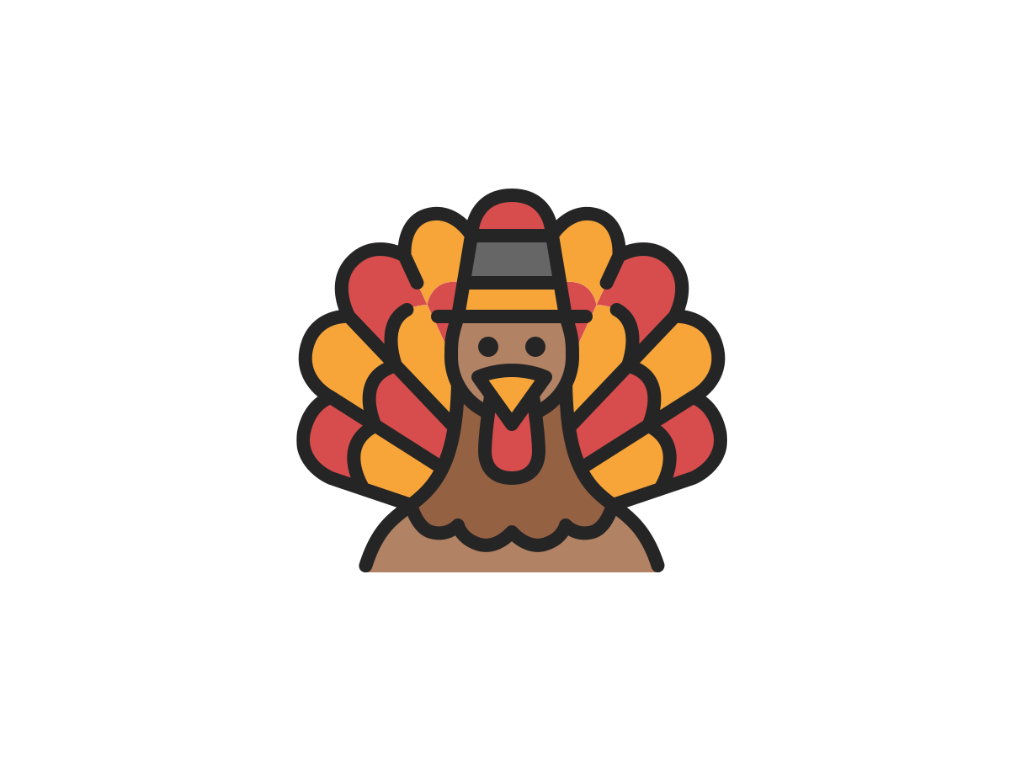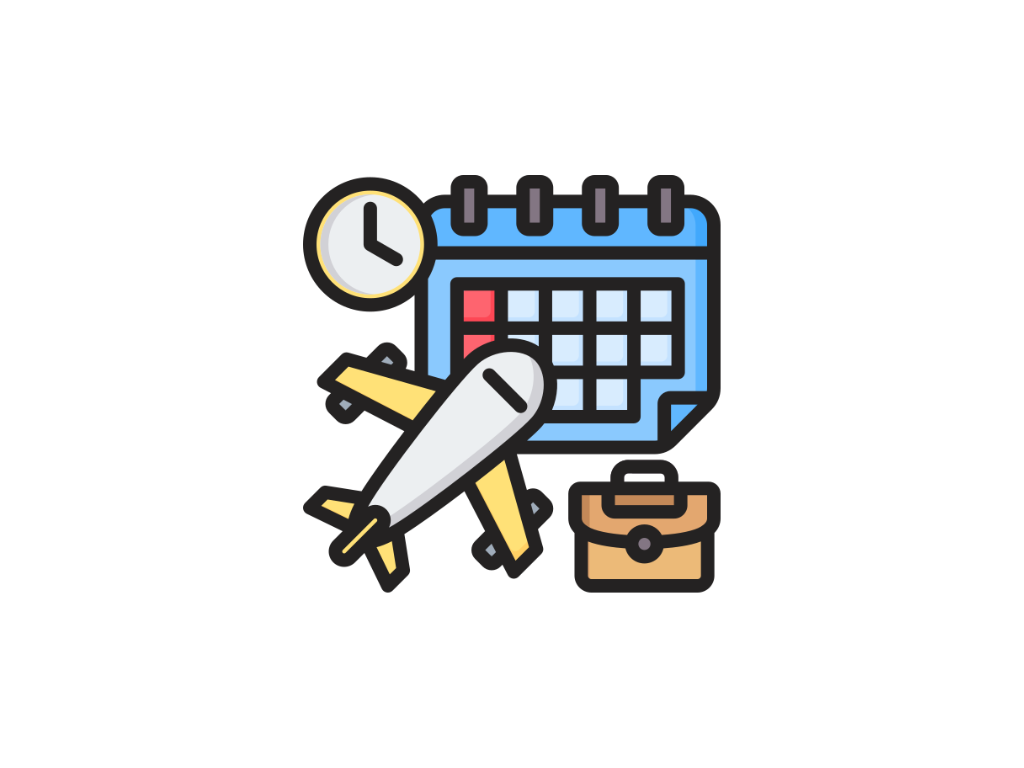🌱 Dinner Decisions, Reimagined: Why Sustainable Eating Feels So Hard
Every parent wants to do better for their family and the planet. But between school drop-offs, grocery runs, and endless “What’s for dinner?” debates, sustainability can feel like another full-time job. You want to waste less, save money, and eat fresh food, but time, energy, and know-how don’t always line up.
You’re not alone. A Washington Post feature on AI meal-planning apps noted that the biggest barrier to sustainable eating isn’t motivation, it’s mental load. When every decision, from what to cook to what to buy, falls on you, even small eco-friendly habits can slip.
That’s where Ollie comes in, a smart, friendly hand that quietly takes those decisions off your plate (literally).
🥦 Why Sustainability Often Feels Hard for Busy Families
Sustainable eating feels overwhelming because it adds more decisions, like tracking seasonal produce or avoiding waste, to an already full day.
Between work, kids, and household chores, most parents already make over 35,000 decisions daily. By the time dinner rolls around, energy is gone and good intentions fade. Planning sustainable meals requires time to research, shop, and coordinate, luxuries many families don’t have.
According to the U.S. EPA, American households throw away nearly one-third of the food they buy. That’s wasted nutrition, money, and resources, and a reminder that the problem often starts with poor planning, not bad habits.
How Ollie helps: Ollie builds meal plans around what’s already in your kitchen and what fits your week. You can take a photo of your fridge, ask Ollie to “plan three dinners that use this up,” and it’ll instantly generate realistic, planet-friendly meals that fit your family’s tastes.
🗑️ The Hidden Link Between Meal Planning and Food Waste
When families plan their meals ahead, they buy only what they need, reducing food waste, saving money, and eating healthier.
Households that plan meals consistently waste 40 % less food, according to a study published in the International Journal of Behavioral Nutrition and Physical Activity. Yet most families still shop reactively, tossing random items into carts and hoping they’ll “figure it out later.”
The EPA estimates that U.S. consumers waste $728 worth of food per year on average. That’s hundreds of dollars (and meals) lost because of impulse buying or forgotten leftovers.
How Ollie helps:
- It turns planned meals into smart grocery lists so you buy exactly what you’ll use.
- It tracks what’s “cooked” and what’s leftover, helping you reuse ingredients mid-week.
- It learns your habits, so if your family never finishes kale salad, Ollie stops recommending it.
Over time, these micro-adjustments turn into long-term impact: less waste, smarter spending, and more peaceful dinners.
🥕 How to Plan Around What’s in Season, and What’s in Your Fridge
Start with what’s already at home, then add seasonal produce to make meals fresh, affordable, and sustainable.
Seasonal eating isn’t just trendy; it’s one of the simplest ways to reduce your carbon footprint. When fruits and vegetables are in season locally, they require less transportation and packaging, keeping your meals fresher and more eco-friendly.
The World Resources Institute notes that seasonal planning reduces waste by helping families eat what’s available instead of chasing imported items that spoil quickly.
How Ollie helps:
- You can tell Ollie, “Plan dinners using spring produce” or “Use what’s in my fridge before it expires.”
- It suggests recipes based on your current ingredients, no manual sorting or spreadsheet tracking.
- It even highlights “low-waste swaps,” like turning leftover herbs into a sauce or using broccoli stems in stir-fries.
With these small shifts, your family starts eating more in sync with nature and less in sync with takeout.
🛒 Smart Grocery Shopping That Saves the Planet (and Your Wallet)
Shop with intention, buy only what you’ll cook, choose local produce, and minimize packaging waste.
A sustainable grocery run starts before you hit the store. According to ReFED, more than 50 % of U.S. surplus food comes from consumer-level waste, often from buying too much or forgetting what’s at home.
Here’s how to shop smarter:
- Stick to a plan. Base your list on real meals, not wishful thinking.
- Go fresh, not bulk (unless you’ll use it). Bulk bags can lead to spoilage.
- Check your fridge before leaving. Use up perishables first.
- Avoid packaging overload. Choose produce that’s unpackaged or recyclable.
How Ollie helps:
Ollie automatically compiles a grocery list from your chosen meals, grouped by category (produce, dairy, pantry). It syncs with Instacart and Amazon Fresh, so you can order everything in one tap, no extra plastic bags, no impulse snacks.
Because it’s all planned, you’re not just saving the planet, you’re saving your sanity.
🌍 Making Sustainability Effortless, How Ollie Keeps You Consistent
Ollie transforms sustainable intentions into effortless weekly habits by doing the thinking for you.
What makes sustainability hard isn’t doing it once, it’s keeping it up week after week. That’s where AI planning helps. Ollie stands out for how seamlessly it turns eco-friendly practices into natural routines for busy parents.
Here’s what that looks like inside the app:
- Your Menu: Ollie creates weekly plans that balance time, diet, and local availability.
- Smart Lists: Items are auto-grouped by category and synced to your favorite grocery service.
- Fridge Integration: Upload photos of ingredients, Ollie uses them before they go bad.
- Continuous Learning: The more you cook, the more tailored your plans become.
These small automations add up to a big impact. Instead of “trying to be sustainable,” your family just is.
🌤️ A New Way to Feel Good About Dinner
Eating sustainably shouldn’t feel like a project; it should feel like peace of mind. When your fridge stays organized, your meals align with your values, and your grocery bills drop, you realize that sustainability is less about sacrifice and more about simplicity.
Ollie turns that simplicity into an everyday rhythm: smarter shopping, cleaner plates, and calmer evenings. It’s not about being perfect, it’s about being intentional, one dinner at a time.
So tonight, when someone asks “What’s for dinner?”, you can smile and let Ollie answer for you.
Make dinner stress-free again. Make it sustainable.




